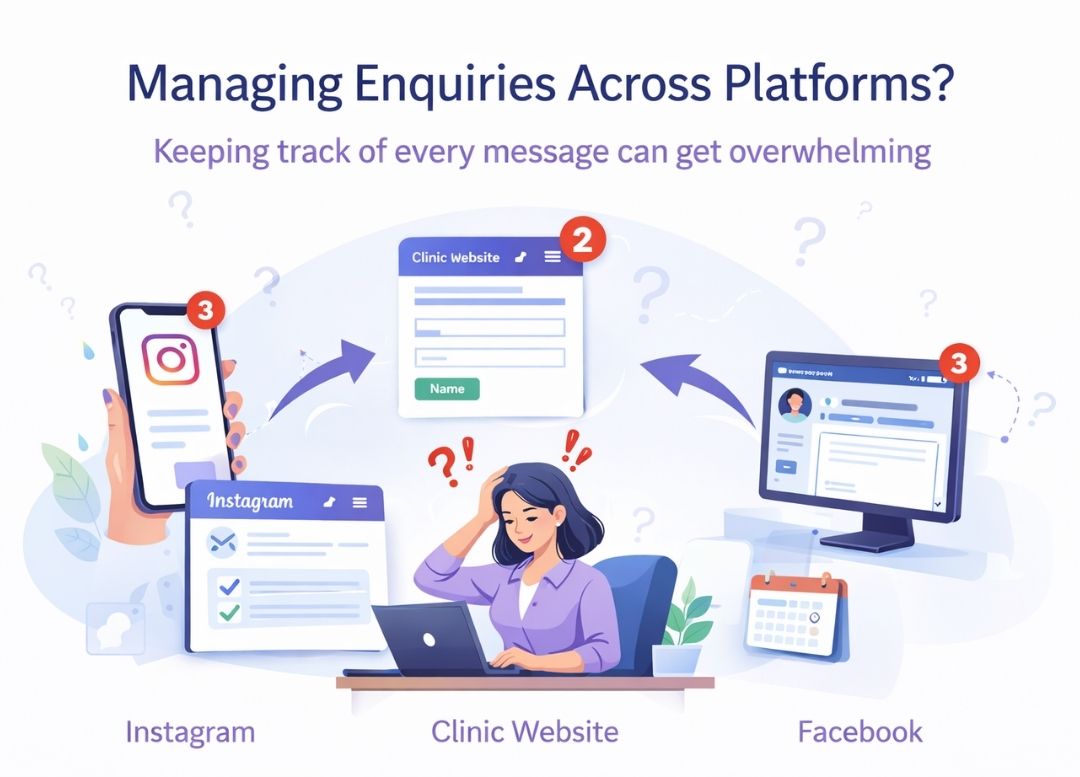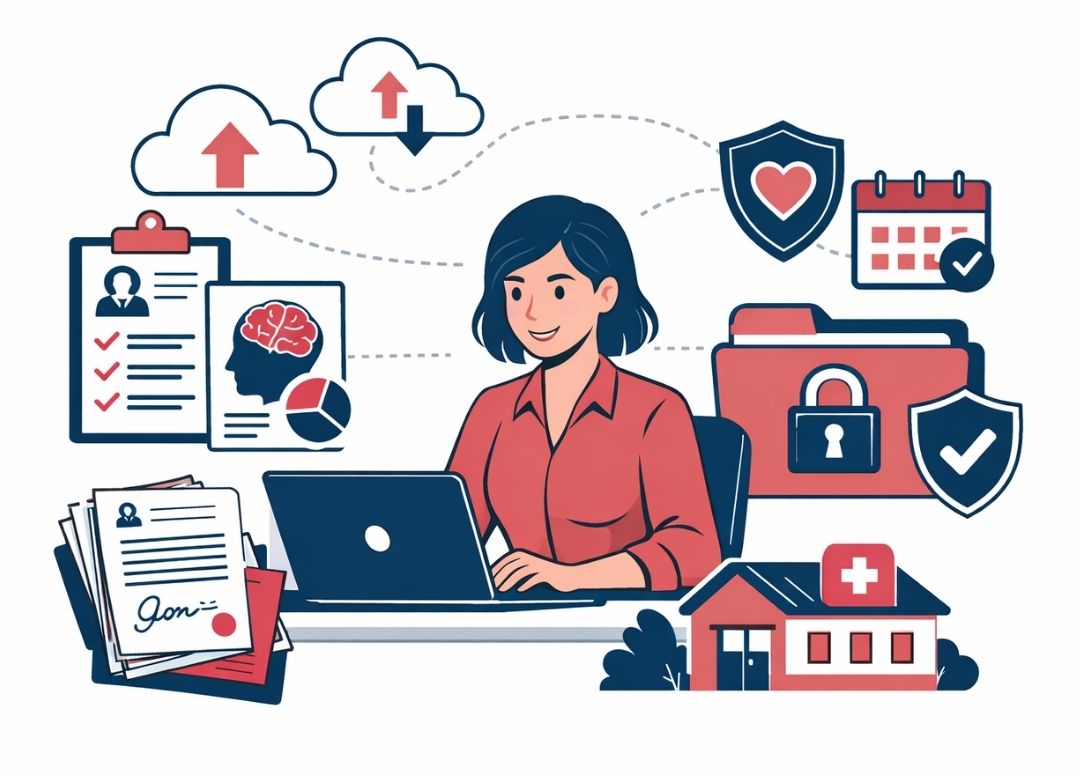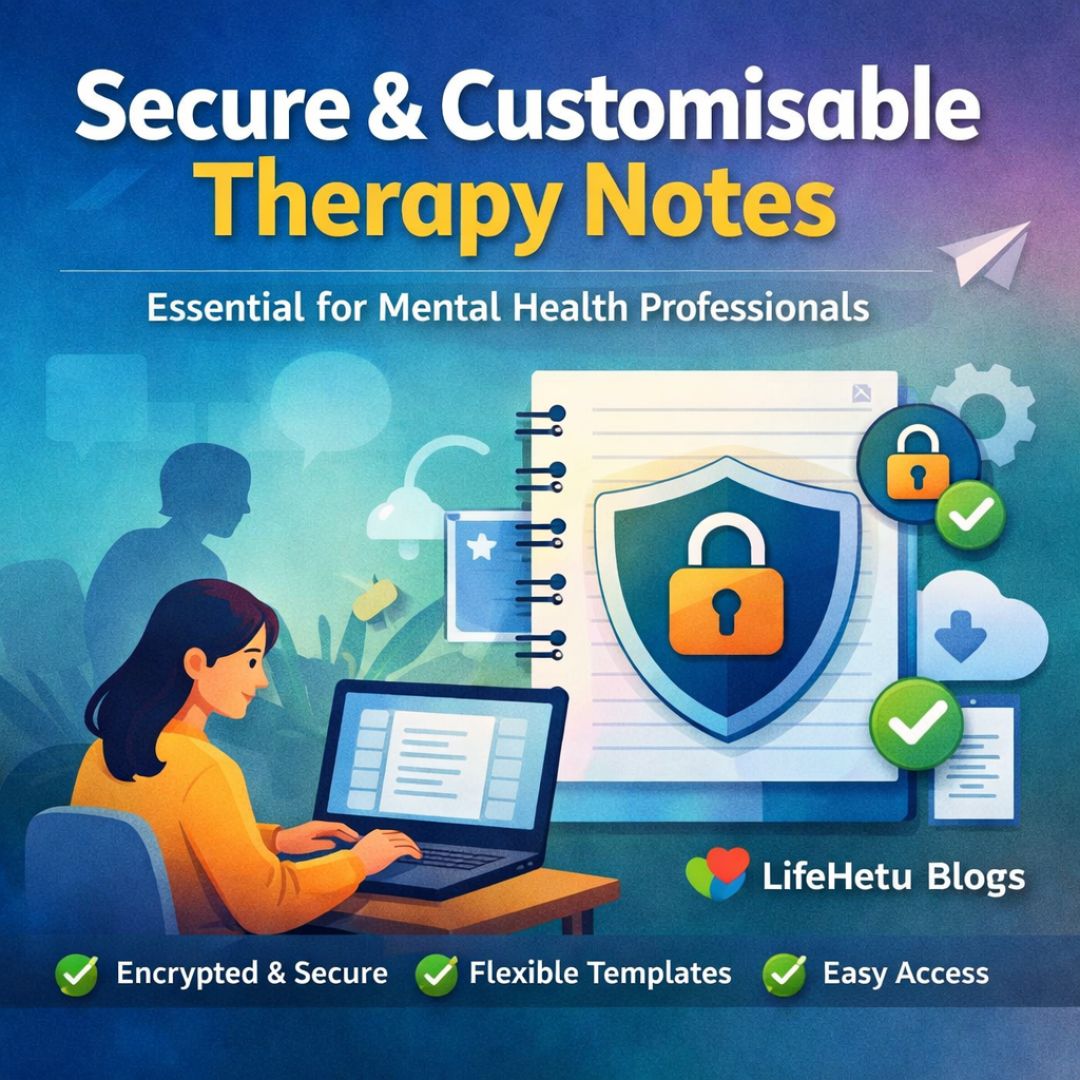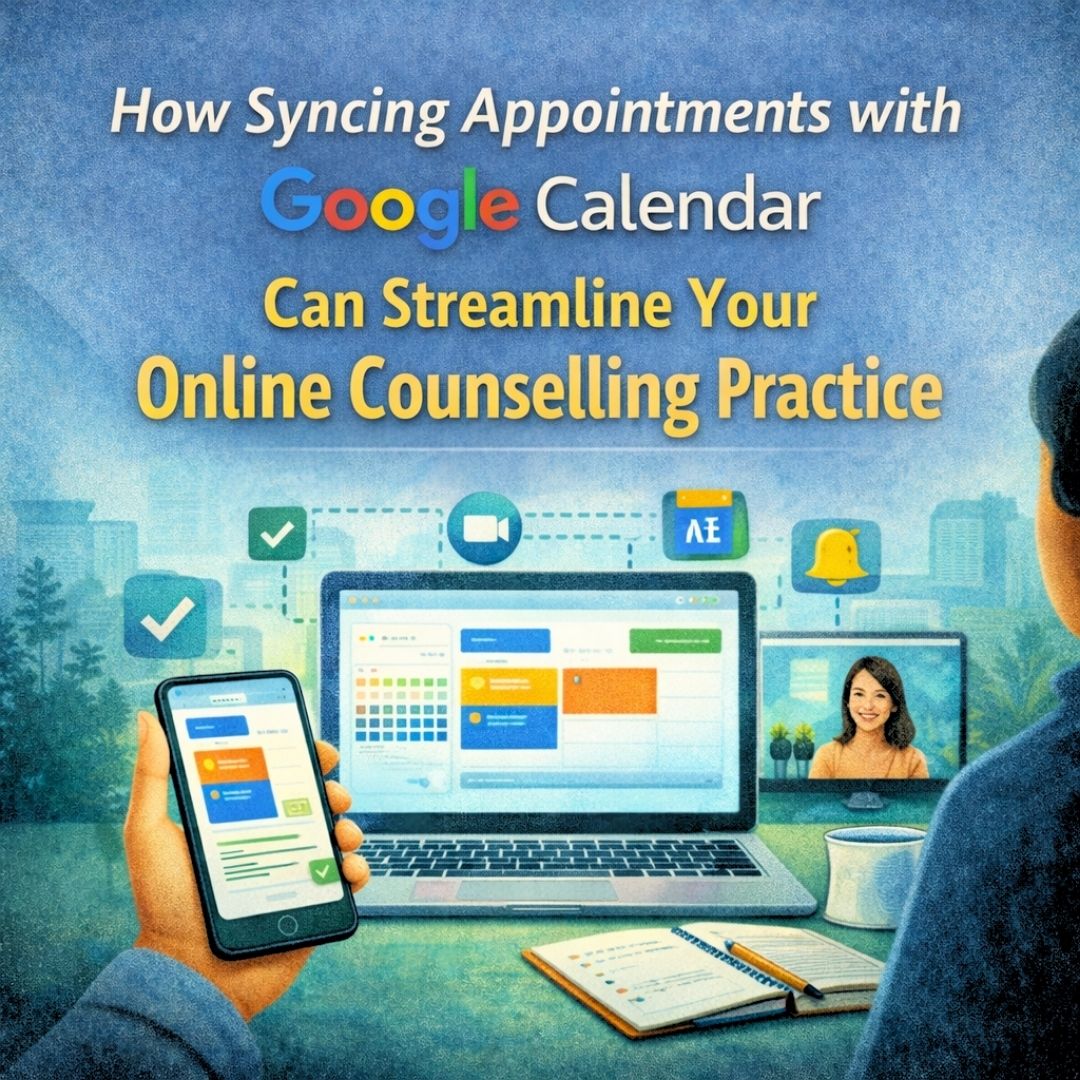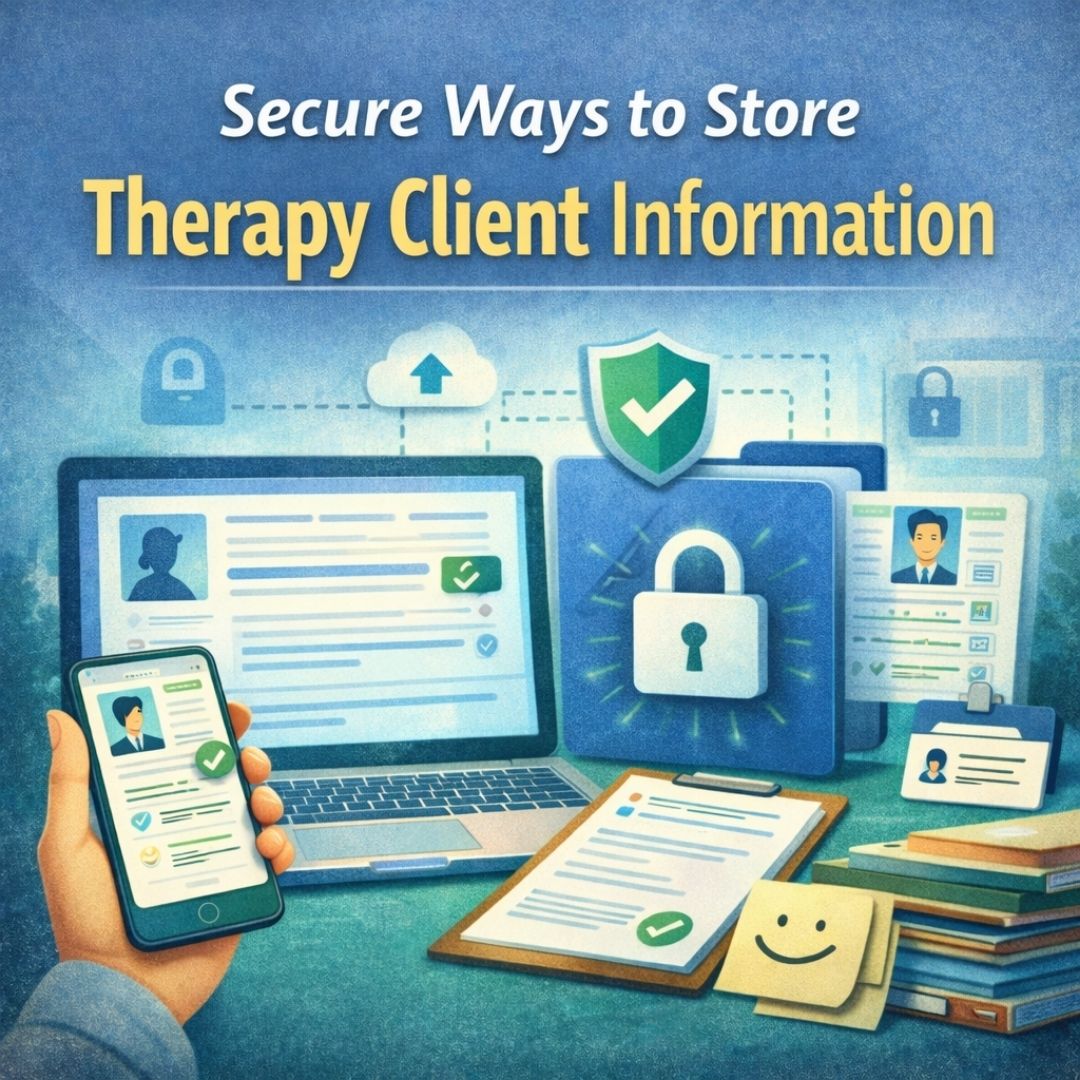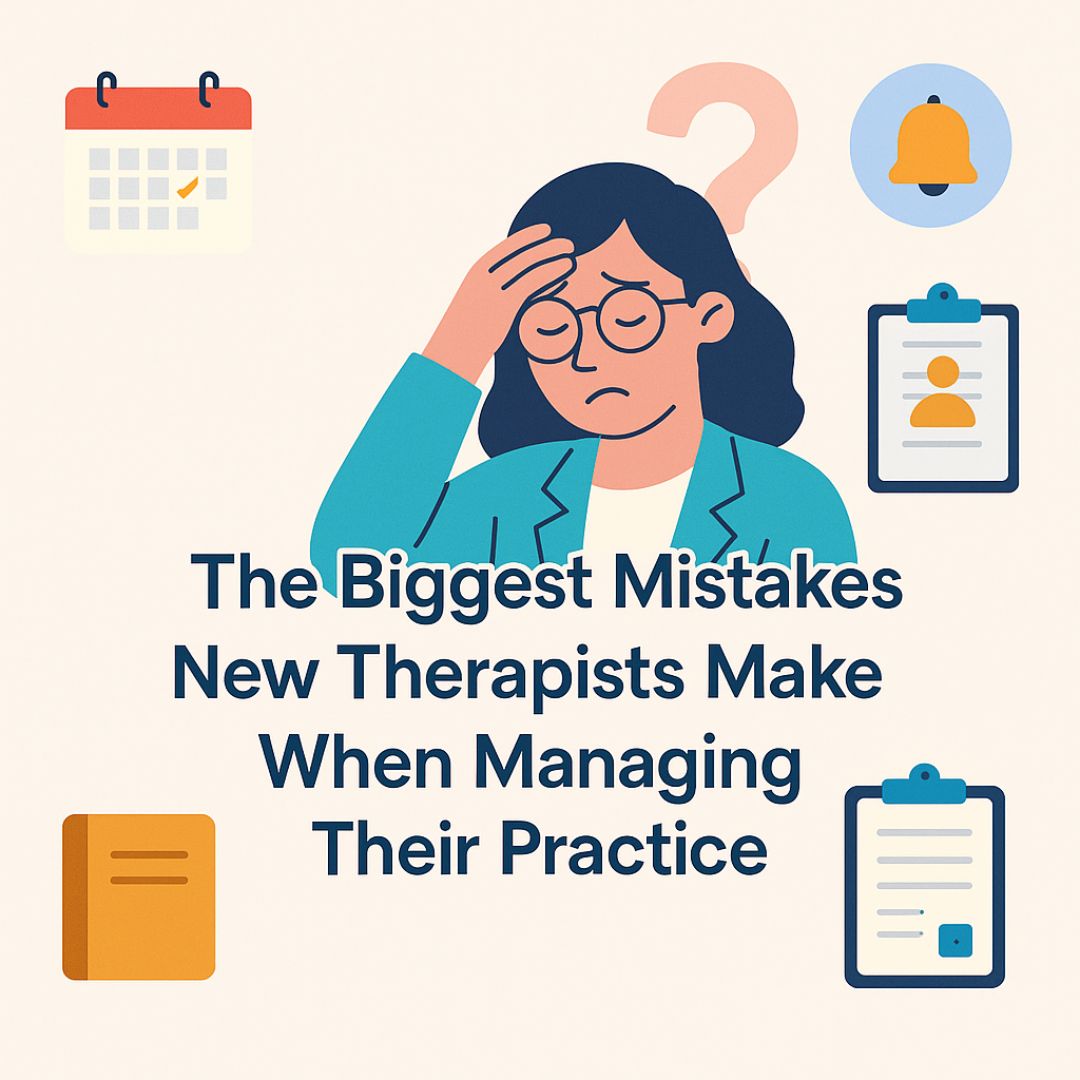How to Reduce Therapist Burnout with Smart Automation
Discover how therapists can reduce burnout with smart automation for scheduling, notes, payments and client follow-ups using mental health CRMs like LifeHetu.

On this page
Jump to sections
How to Reduce Therapist Burnout with Smart Automation
If you’ve ever ended your day feeling emotionally drained not from therapy itself, but from all the other tasks around it, you’re not alone.
Therapist burnout is a growing concern in the mental health field. While caring for others, psychologists often forget how much administrative weight they carry: scheduling, follow-ups, progress tracking, payments, note-taking — the list goes on.
But what if you could lighten that load without compromising the quality of care?
That’s where smart automation comes in.
Let’s explore how automating routine, repetitive tasks can help you reclaim your mental space and focus on what you do best: helping people heal.
Why are therapists so prone to burnout?
Therapists are trained to manage emotional intensity, but not always the administrative chaos that comes with running a practice.
Between back-to-back sessions, client updates, and paperwork, therapists often end up working late just to stay organized. The result?
- Emotional exhaustion
- Reduced focus during sessions
- Compassion fatigue
- Lack of personal downtime
It’s not that therapists don’t love their work — it’s that too much of their day goes into everything except therapy.
That’s the silent trigger of burnout: spending energy on tasks that don’t fuel your purpose.
What does “smart automation” really mean for mental health professionals?
When people hear “automation,” they often think of robots or impersonal systems. But smart automation in therapy practice isn’t about replacing human connection — it’s about protecting it.
It’s the process of using digital tools to handle repetitive, low-value tasks automatically — like appointment reminders, note management, or payment tracking — so you can preserve your emotional energy for the real work: your clients.
Think of it as having a silent assistant who handles the background tasks while you stay focused on meaningful conversations.
How do repetitive tasks drain a therapist’s energy?
Every time you switch from deep emotional work to administrative work, your brain pays a cost. This constant task-switching reduces focus and increases fatigue.
For instance:
- After a heavy therapy session, you open your inbox to confirm appointments.
- You then move to your spreadsheet to update session notes.
- Later, you send payment reminders and follow-up messages.
Each transition takes mental effort and, over time, that’s what leads to burnout.
Automation helps eliminate these “micro-stresses” by keeping your workflow consistent and predictable.
What kind of tasks can therapists automate without losing personal touch?
The goal isn’t to remove the human element — it’s to automate the mechanical parts of your practice while keeping empathy intact.
Here are a few examples of what can be safely automated:
Appointment scheduling: Let clients book sessions online based on your availability. Automated reminders reduce no-shows and save you time.
Follow-ups and reminders: Set up gentle, pre-written follow-ups for clients to check in midweek or remind them about tasks.
Session notes and record-keeping: Use structured templates that organize client data in one place, ready whenever you need it.
Payments and invoicing: Automatically generate and track invoices, so you don’t have to manually follow up on dues.
Progress tracking: Collect client activity data automatically and review it before each session.
By setting up these systems once, you save countless minutes every day — minutes that add up to hours each week.
How does automation protect your emotional energy?
Therapists give emotionally every day — and emotional energy is finite. When you spend it on administrative duties, there’s less left for your clients.
Smart automation protects that energy in three powerful ways:
Reduces decision fatigue: You no longer have to decide when to send reminders or how to organize notes. The system handles it.
Brings mental clarity: Knowing that scheduling, billing, and follow-ups are handled allows you to mentally “switch off” after work.
Supports consistency: Clients receive the same level of care and communication, even when your schedule is packed.
When the backend runs smoothly, your mind stays clear, calm, and emotionally available — the way it should be.
What tools can help therapists implement smart automation?
You don’t need to be a tech expert to automate your practice. Modern Mental Health CRM Software is designed specifically for psychologists and therapists, making automation intuitive and stress-free.
For example, with tools like LifeHetu CRM, you can:
- Automate scheduling and client reminders
- Track session notes securely
- Manage payments directly through the platform
- Assign and monitor client activities between sessions
The goal isn’t to make therapy digital — it’s to make your practice smoother, so you can devote more time and emotional space to healing.
Can automation actually improve client relationships?
Absolutely. When therapists aren’t overwhelmed by admin work, they show up more present, grounded, and emotionally available.
Clients feel that difference. They sense when their therapist is mentally clear versus rushed or distracted.
Automation also helps maintain consistent communication — reminders, follow-ups, and engagement activities happen on time, showing clients that you care even when you’re not in session.
In essence, automation enhances human connection by removing the noise around it.
Smart automation as self-care for therapists
Burnout doesn’t always come from “too much therapy” — it often comes from everything wrapped around it: paperwork, reminders, billing, and coordination.
Smart automation is a form of professional self-care. It allows you to:
- Design a sustainable workload
- Protect your emotional energy
- Deliver consistent, high-quality care
- Build a practice that supports you, not just your clients
When you let technology take care of the repetitive, predictable parts of your job, you free yourself to do the work only you can do: holding space, listening deeply, and guiding people toward healing.
FAQs: Reducing Therapist Burnout with Smart Automation
1. How can therapists use automation to reduce burnout?
Therapists can reduce burnout by handing off repetitive, time-consuming tasks to automation tools.
By automating scheduling, reminders, invoicing, and basic record-keeping, you spend less time on admin work and more time on clinical work and rest. This protects your emotional energy and makes your workload more sustainable.
2. What tasks in a therapy practice can be safely automated?
You can safely automate:
- Online appointment booking and rescheduling
- Email/SMS reminders for upcoming sessions
- Follow-up and check-in messages between sessions
- Invoice creation and payment tracking
- Structured note templates and basic progress logs
All of these tasks are mechanical and rule-based, so they don’t remove the human connection from therapy.
3. Does smart automation replace the human connection in therapy?
No. Smart automation is designed to support your work, not replace it.
Automation handles background tasks like reminders and billing so that you can show up fully present in sessions. Clinical decisions, empathy, and therapeutic relationships always stay human-led.
4. What is smart automation for mental health professionals?
Smart automation for therapists means using purpose-built digital tools (such as mental health CRMs) to:
- Streamline workflows
- Reduce manual data entry
- Keep client information organized
- Trigger actions like reminders or follow-ups automatically
The “smart” part is that these tools are tailored to how therapists work, rather than generic business software.
5. Can automation improve therapy outcomes for clients?
Yes. When therapists are less overwhelmed by admin work, they tend to be more focused, consistent, and emotionally available.
Automation also ensures clients receive timely reminders, check-ins, and structured between-session support, which can improve adherence, engagement, and ultimately therapeutic outcomes.
6. Which tools can therapists use for smart automation?
Therapists can use mental health CRM platforms like LifeHetu CRM to:
- Automate scheduling and reminders
- Securely store and organize session notes
- Manage invoices and payments
- Assign and track client activities between sessions
These tools bring the core elements of practice management into one place, making automation simple and therapist-friendly.
On this page
Jump to sections
Related Reads. Similar Blogs to Check Out.
